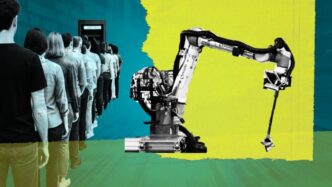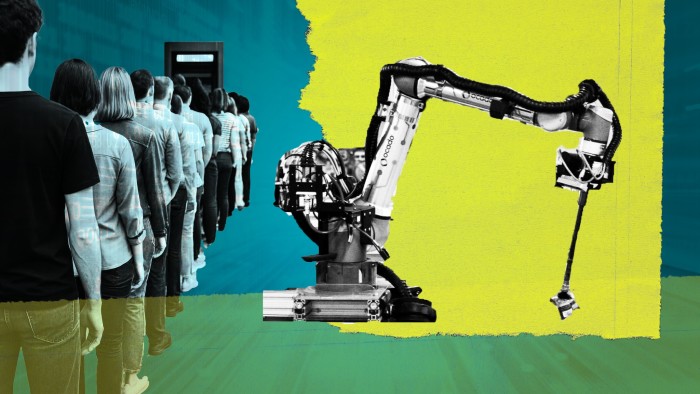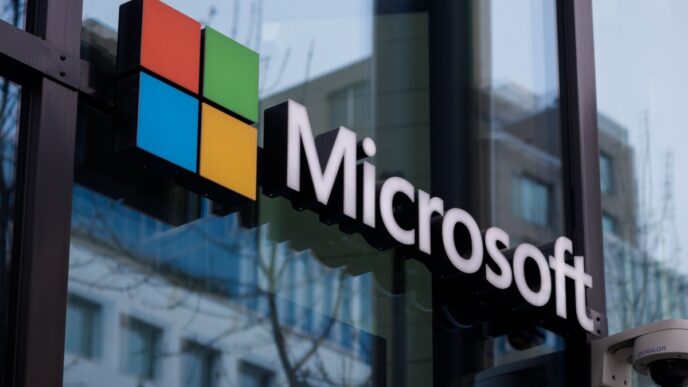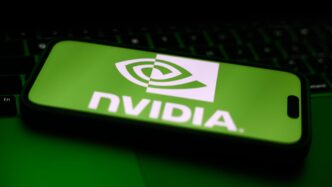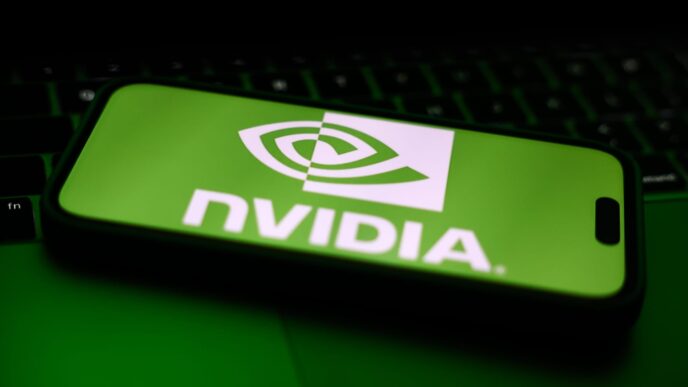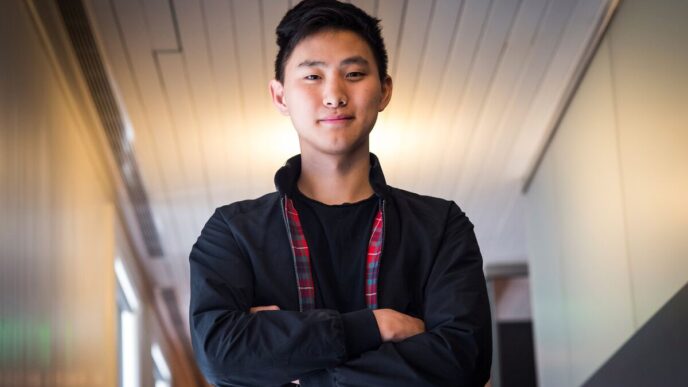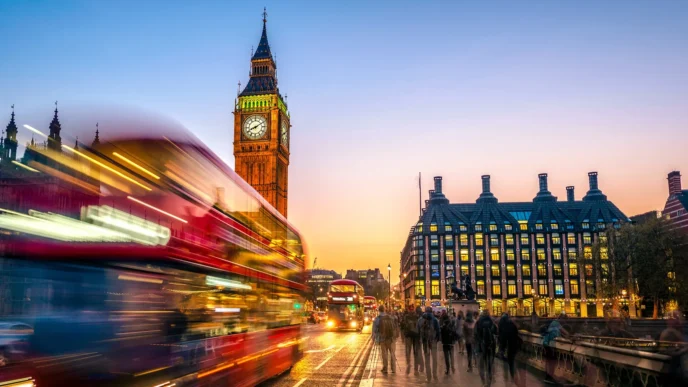Ocado cuts 500 jobs as AI and robots speed up grocery orders
Ocado CEO Tim Steiner says AI and robotics slashed picking labor time from 25 to 10 minutes per 50-item order since 2012. This tech boost means 500 fewer workers are needed this year. That’s on top of 2,300 jobs already flagged at risk in 2023.
The UK grocer’s move highlights fears around generative AI: better efficiency but fewer human roles.
LinkedIn’s chief economist Karin Kimbrough says companies have moved beyond “What is our AI strategy?” to actually testing and rolling out generative AI.
Peter Cheese, CEO of the Chartered Institute of Personnel and Development, adds AI is mainly changing jobs, not wiping them out.
"It is primarily changing roles not eliminating them, enabling humans to focus on more value-add elements of their jobs"
Big names like IBM and Duolingo have cut jobs citing AI too. Anthropic’s CEO Dario Amodei warns AI could kill half of entry-level office jobs in five years.
“AI is starting to get better than humans at almost all intellectual tasks, and we’re going to collectively, as a society, grapple with it,” Amodei told CNN.
PwC data shows AI-savvy workers earn 56% more in 2024 than those without AI skills. Hiring for AI roles is soaring — prompt engineers, heads of AI, responsible AI architects.
“Lots of traditional sectors are still grappling with the basics of governance and data protection policies in a world of generative AI,” said James Milligan from recruitment firm Hays.
Meanwhile, firms like Schröders and Moderna use AI to boost staff productivity or combine tech with HR for automation.
Klarna’s AI assistant manages two-thirds of customer chats but caused some quality issues. Google and Meta are also reorganizing with AI in play.
Unions stress some jobs can’t go fully AI, like air traffic controllers or infrastructure workers. But “email jobs” linked to text responses face rapid changes.
“If you work in air traffic control, on transmission and distribution networks, run infrastructure or manufacturing processes, you have been shifting your talents to align with new technology for years and years. AI can help, but the human aspect will have to be retained for systems resilience.” — Mike Clancy, Prospect union
A PwC report notes jobs exposed to AI grow slower than those less exposed, hinting at a complex future for workforces adapting to AI.
